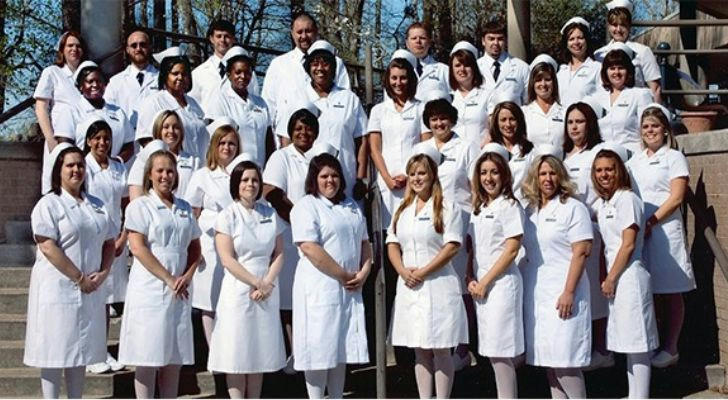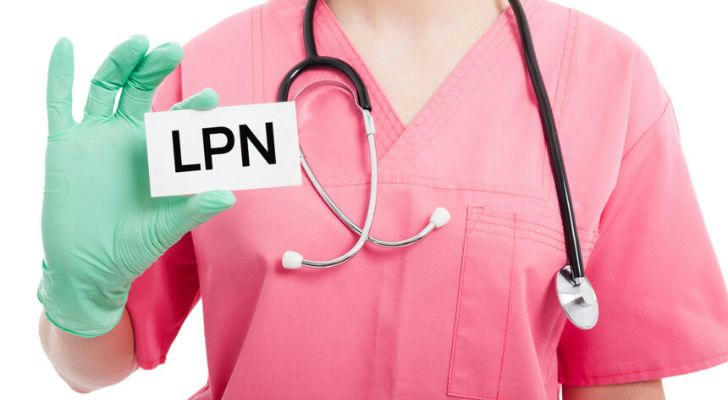Affordable LPN Programs: Your Pathway to a Rewarding Nursing Career
Introduction
Becoming a Licensed Practical Nurse (LPN) is an excellent career choice for those passionate about healthcare. However, the cost of education can be a challenge. Fortunately, government support, employer-sponsored training programs, and financial aid options help make LPN programs more affordable. These programs provide essential training, equipping students with the skills needed to enter the nursing field and secure a stable career.

Basic Requirements for LPN Programs
LPN programs typically require:
✅ High School Diploma or GED
✅ Age 18 or older
✅ Health certification (fitness for nursing duties)
✅ Criminal background check
✅ English proficiency (for patient care communication)
Institutions Offering Affordable LPN Programs
Several types of institutions provide low-cost LPN training or financial support:
🏥 Government-Supported Programs: Many state and federal initiatives provide financial assistance to eligible students, often as part of workforce development plans.
🎓 Community Colleges & Vocational Schools: Many technical and community colleges offer reasonably priced LPN programs with scholarships and installment payment plans to ease financial strain.
💼 Employer-Sponsored Training: Some hospitals, nursing homes, and healthcare facilities offer tuition reimbursement or paid training programs, requiring students to work at the facility for a set period after graduation.
🤝 Nonprofit Organizations & Healthcare Foundations: Certain charitable organizations provide scholarships or financial assistance to support students entering the nursing field.

LPN Course Overview & Duration
LPN programs typically take 10 to 12 months to complete, depending on whether students enroll full-time or part-time. Coursework includes:
📚 Medical Fundamentals – Anatomy, physiology, and common diseases.
💉 Patient Care Skills – Administering medications, monitoring vital signs, and wound care.
🏥 Clinical Training – Hands-on experience in hospitals or long-term care facilities.
📝 Professional Ethics & Regulations – Understanding legal responsibilities in healthcare.
Graduates must pass the NCLEX-PN (National Council Licensure Examination for Practical Nurses) to obtain licensure.
Recommended Courses by Age Group
LPN programs cater to students of all ages. Depending on life stage and career goals, students may focus on different aspects of training:
| Age Group | Recommended Focus | Relevant Training |
|---|---|---|
| 18-25 | Basic nursing skills, patient care, medical terminology | Introductory LPN courses at community colleges |
| 26-35 | Advanced clinical skills, NCLEX-PN exam preparation | LPN certification courses with clinical experience |
| 36-45 | Leadership, management, specialized nursing fields | LPN-to-RN bridge programs |
| 46-55 | Career expansion, long-term care expertise | Geriatric care and rehabilitation nursing courses |
| 56+ | Continuing education, adapting to new healthcare technologies | Medical ethics and healthcare software training |
Financial Assistance for LPN Students
To make LPN programs more accessible, students can apply for grants, scholarships, and employer-sponsored financial aid:
📌 Government Support & Subsidies: Programs like the Pell Grant and Workforce Innovation and Opportunity Act (WIOA) funding provide financial assistance for eligible students.
📌 Employer Tuition Reimbursement: Many hospitals and nursing homes offer tuition support in exchange for a work commitment post-graduation.
📌 Nursing Scholarships: Organizations like the Foundation of the National Student Nurses’ Association (FNSNA) provide scholarships to help students complete their LPN training.
📌 Flexible Payment Plans: Some schools offer installment payment options to reduce upfront tuition costs.
📌 Loan Forgiveness Programs: Some states offer nursing loan forgiveness for LPN graduates who work in designated healthcare facilities for a set period.

Success Stories
Case 1: Maria’s Journey to Nursing
Maria, a 24-year-old single mother, always dreamed of becoming a nurse but struggled with financial barriers. She enrolled in an LPN program at a community college and applied for State Support Grants that covered most of her tuition. Through clinical training at a local hospital, she gained hands-on experience, and after passing the NCLEX-PN, she secured a stable job at a senior care facility.
Case 2: John’s Career Transition
After working in retail for 15 years, John, 42, decided to switch careers and pursue nursing. He joined an LPN-to-RN bridge program offered by his employer, a regional hospital. His tuition was reimbursed under the hospital’s workforce development initiative. Today, John is not only an LPN but is also continuing his education to become a registered nurse.
Certification & Career Outlook
Upon completing an LPN program and passing the NCLEX-PN, graduates can work in:
🏥 Hospitals – Assisting registered nurses and physicians in patient care.
🏡 Long-Term Care Facilities – Providing medical support for elderly or chronically ill patients.
👩⚕️ Home Healthcare – Delivering in-home nursing care to patients.
📈 Career Growth: Many LPNs continue their education to become Registered Nurses (RNs) or specialize in fields like pediatrics, geriatric care, or critical care nursing.
Conclusion
LPN programs offer a valuable entry point into the healthcare field, providing job stability, career advancement opportunities, and meaningful patient care experience. With the help of government support, employer-sponsored training, and financial aid options, students can minimize educational costs and successfully transition into nursing. By committing to structured learning, hands-on training, and professional certification, aspiring nurses can build a fulfilling career in healthcare.
